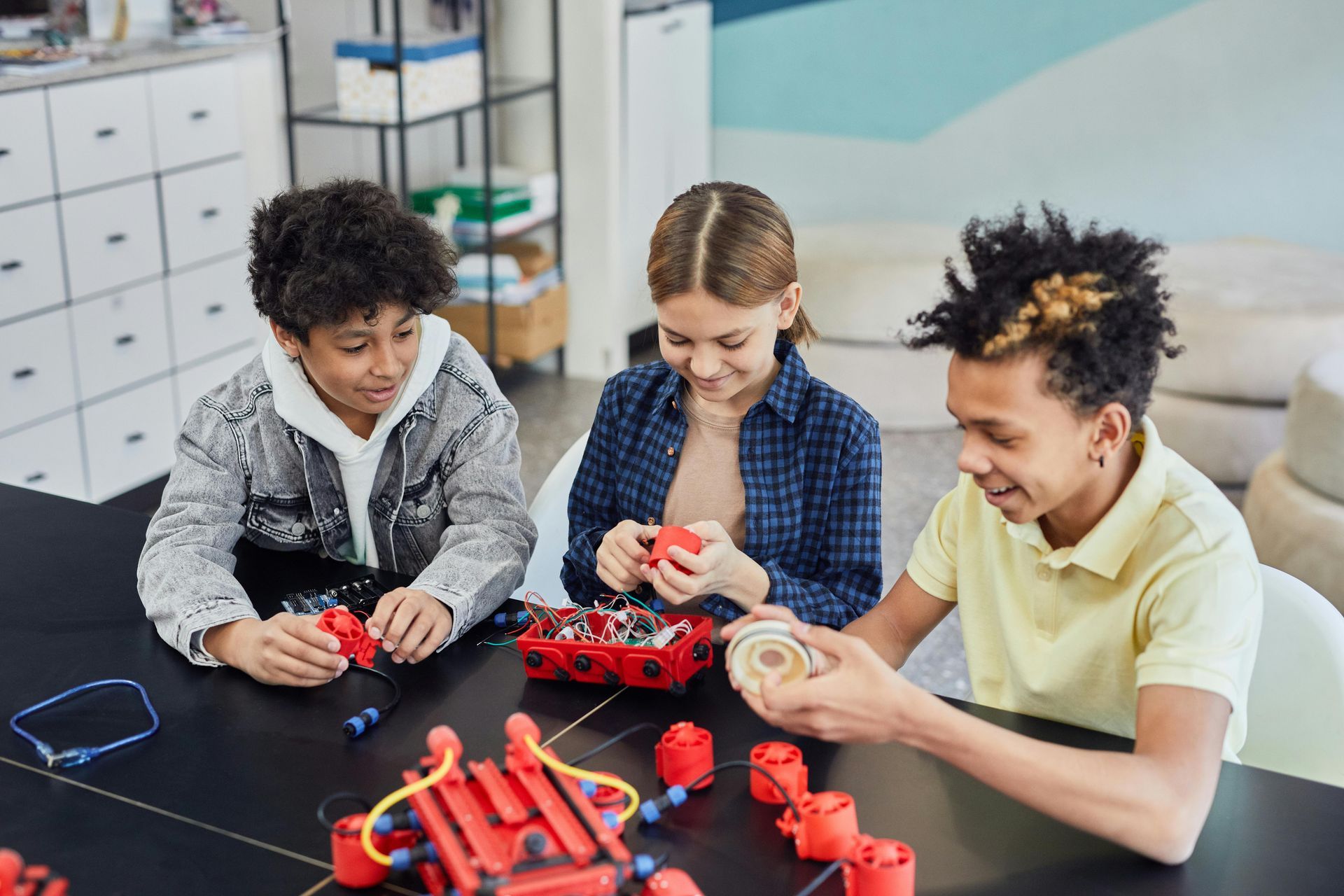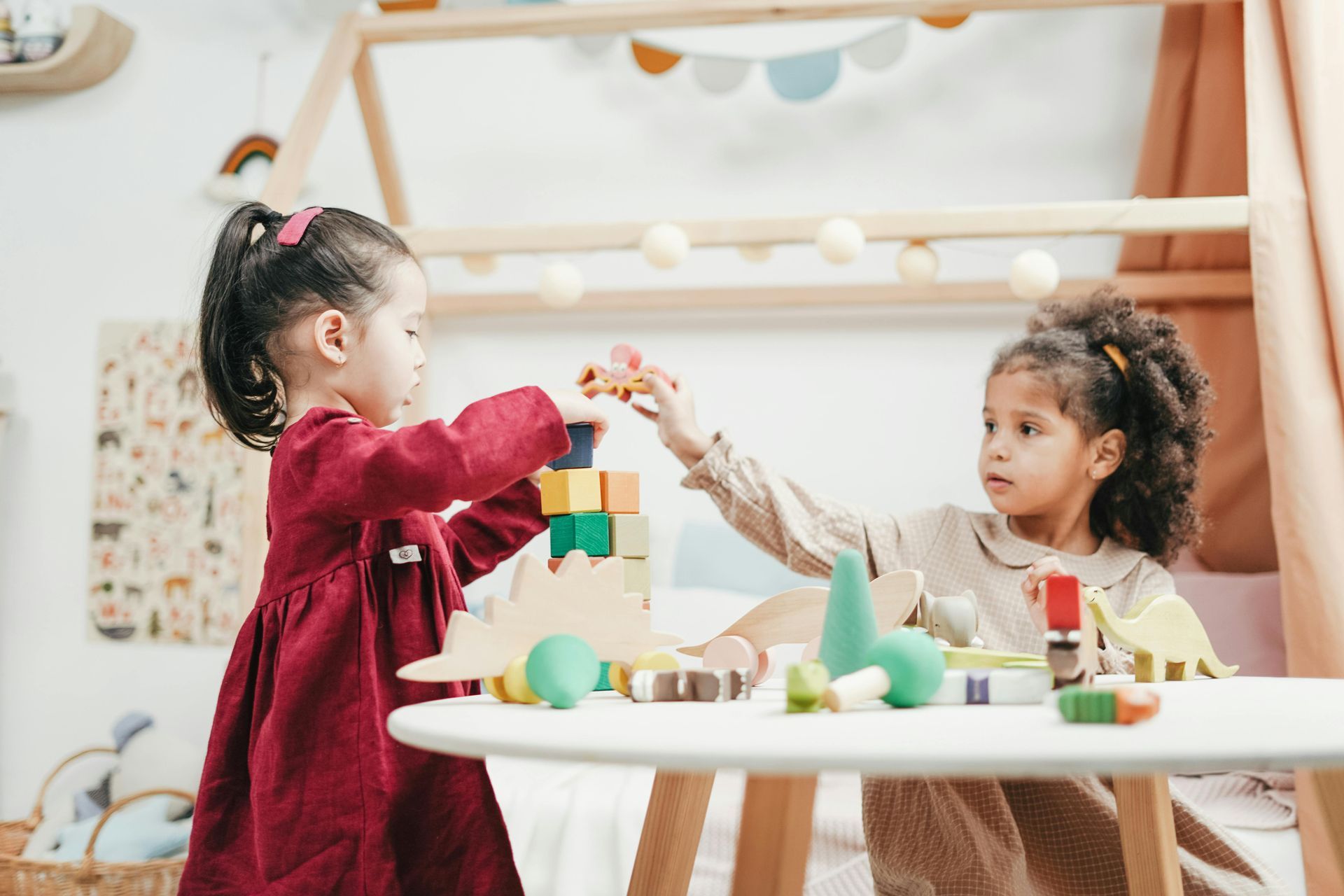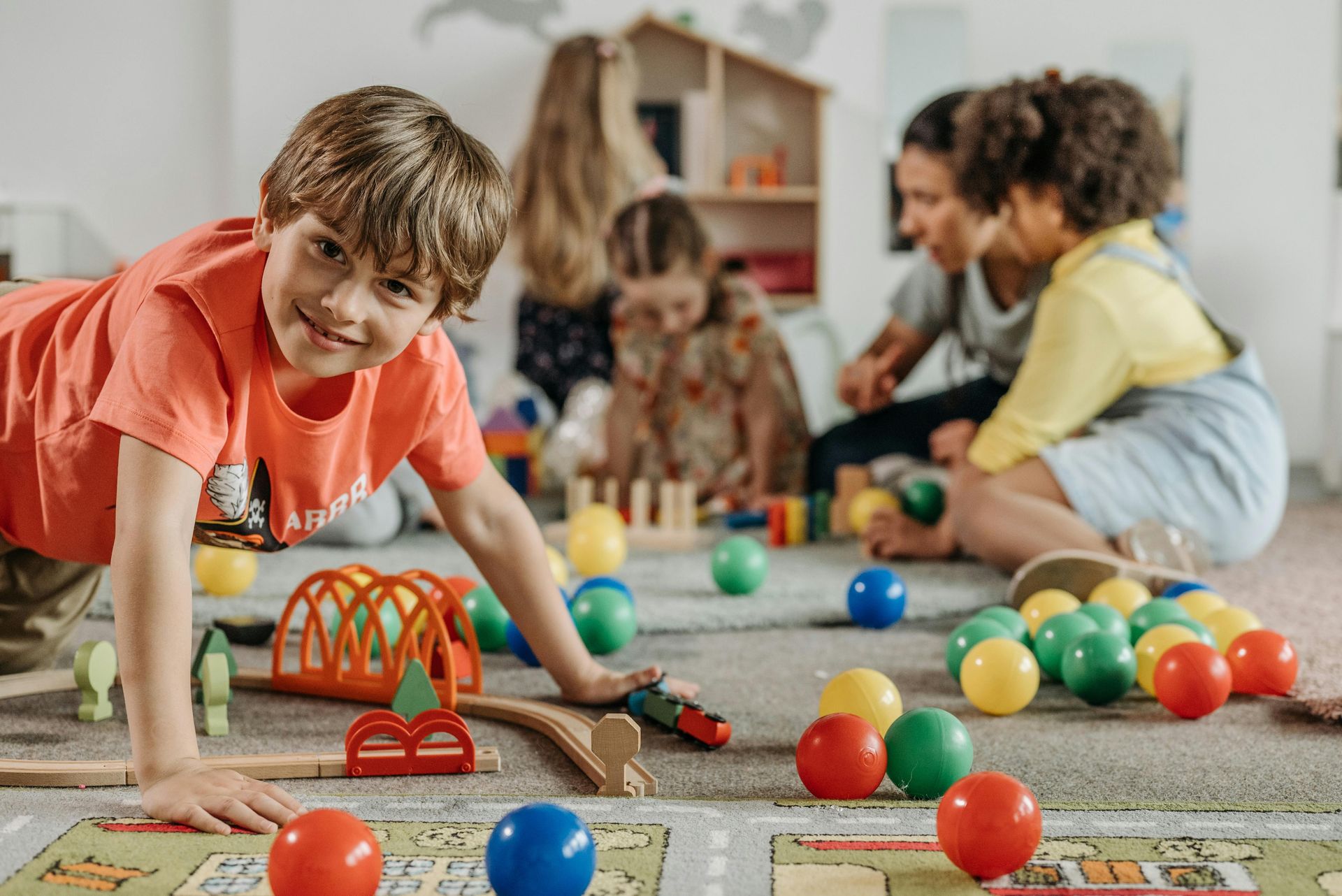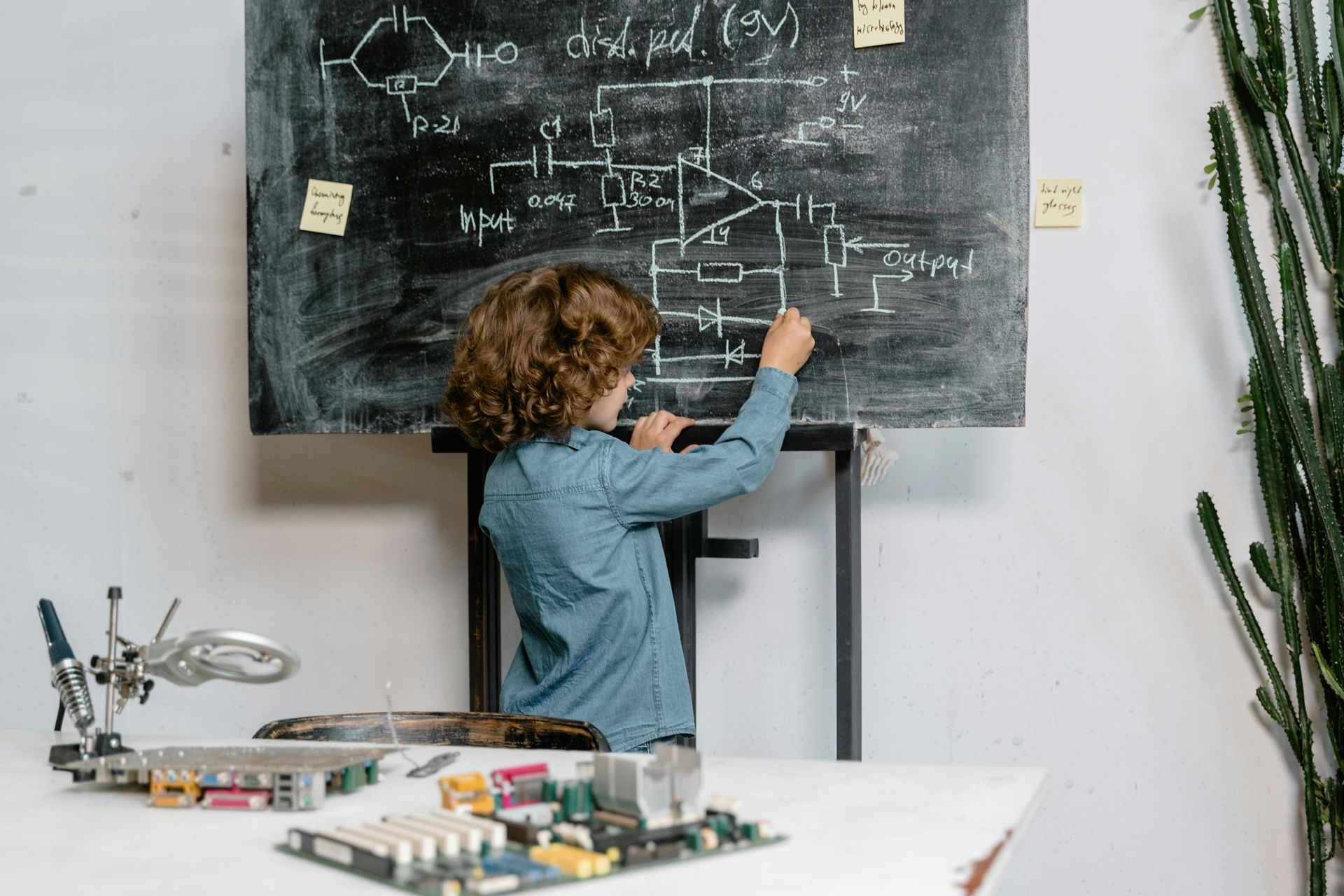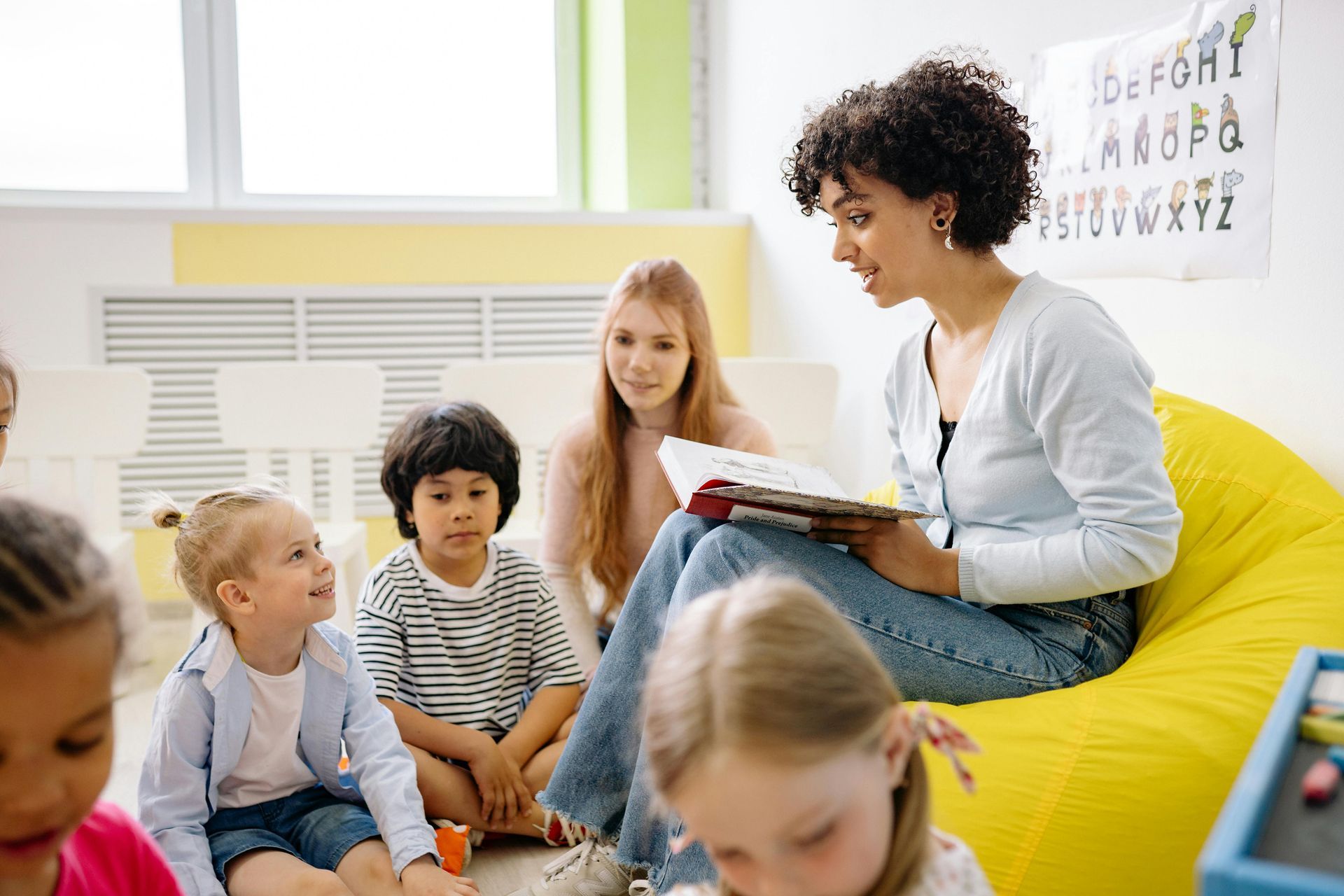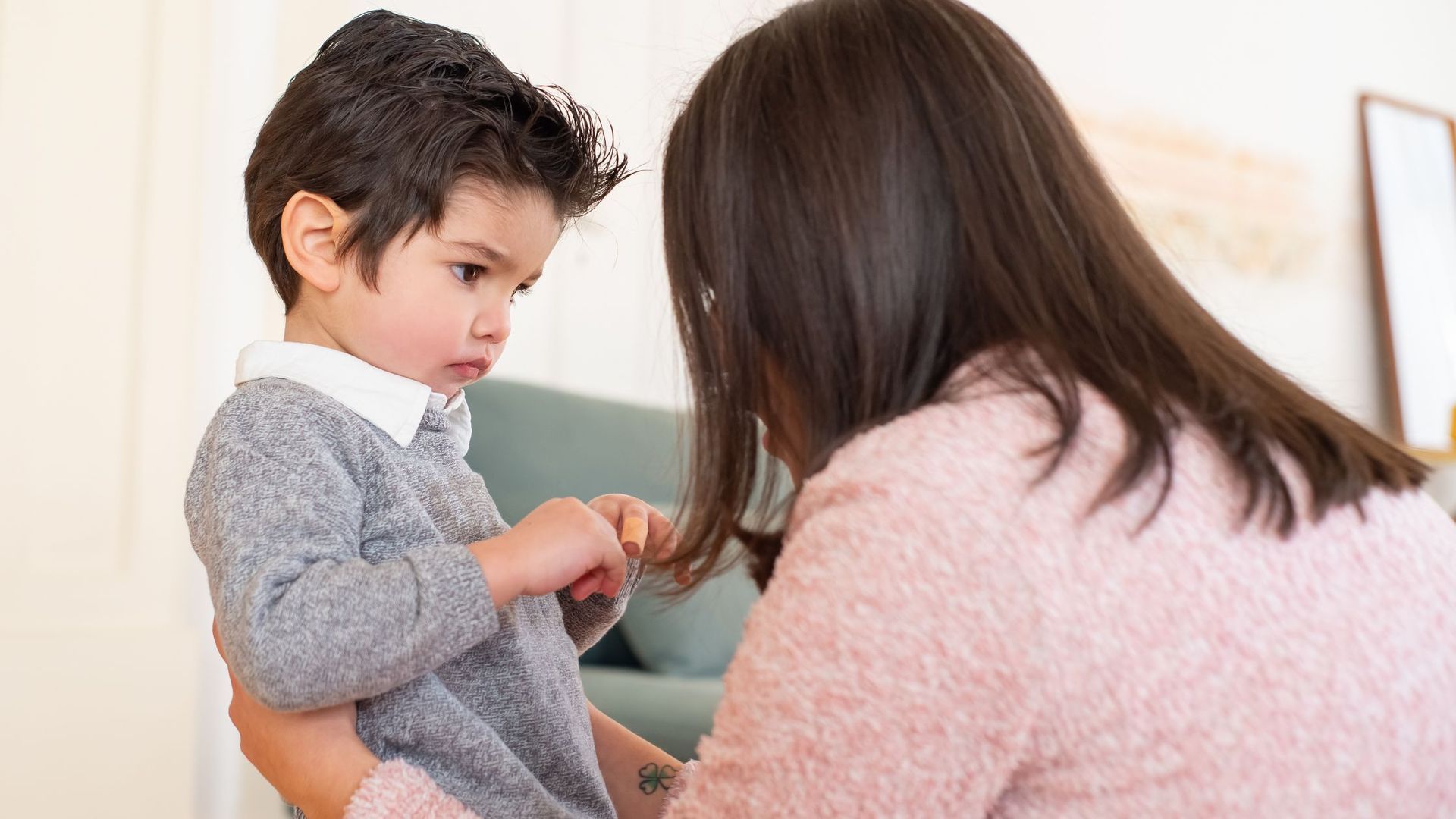Creating Lifelong Learners: Mt. Sinai’s Approach to Social-Emotional Development

The Importance of Social-Emotional Development in Early Childhood
When we think of education, we often think of academics: reading, writing, and math. However, social-emotional development is just as crucial—if not more so—during the early years of life. A child’s ability to understand and manage their emotions, as well as interact positively with others, sets the stage for their success both in and out of the classroom.
At Mt. Sinai Children’s Development Center (CDC), we recognize the vital role that social-emotional development plays in a child’s overall growth. Our approach to early childhood education goes beyond cognitive development; we also prioritize emotional intelligence and social skills. Through our dedicated programs and nurturing environment, we help children develop the skills they need to form healthy relationships, manage their emotions, and navigate the world around them.
What Is Social-Emotional Development?
Social-emotional development refers to the process by which children learn to understand and express their emotions, develop empathy, and build relationships with others. This includes learning how to manage feelings of frustration, anger, or excitement, as well as developing skills like cooperation, communication, and conflict resolution.
During the early years, children are highly influenced by the adults around them. Through positive interactions with caregivers, educators, and peers, children learn the foundational skills necessary for healthy emotional development. At Mt. Sinai CDC, we recognize that these early lessons form the basis for lifelong emotional and social competence.
Mt. Sinai’s Approach to Social-Emotional Development
At Mt. Sinai CDC, we integrate social-emotional learning (SEL) throughout our curriculum. From the moment children enter our classrooms, they are encouraged to express themselves, collaborate with their peers, and practice self-regulation. Our teachers are specially trained to create a safe, supportive environment where children feel comfortable exploring their emotions and learning from their experiences.
- Modeling Emotional Regulation
One of the key strategies we use to foster emotional intelligence is modeling appropriate emotional regulation. Children learn by observing the behavior of adults, so our teachers strive to demonstrate healthy ways to manage emotions in a variety of situations. For example, when a child feels frustrated during an activity, our educators model deep breathing techniques or use language to label emotions (“I can see you’re feeling frustrated; let’s take a deep breath together”). These tools help children build their own emotional vocabulary and coping strategies. - Teaching Empathy and Perspective-Taking
Empathy—the ability to understand and share the feelings of others—is another core aspect of social-emotional development. At Mt. Sinai, we teach children to recognize and respond to the emotions of their peers. Through storytelling, role-playing, and guided group discussions, children learn to put themselves in others’ shoes and understand how their actions impact those around them.
For example, during group activities, teachers might guide children in discussing how different actions (such as taking turns or sharing) make others feel. By practicing empathy, children learn to build positive relationships and engage in cooperative play. - Conflict Resolution Skills
Conflict is an inevitable part of early childhood—whether it’s a disagreement over toys or differences in opinion during a group activity. At Mt. Sinai CDC, we see conflicts as learning opportunities. We teach children how to resolve disputes in a constructive and respectful manner.
Our educators guide children through the process of resolving conflicts by encouraging them to express their feelings, listen to each other, and work together to find a solution. We emphasize using “I” statements (e.g., “I feel sad when you take my toy without asking”) to communicate needs and concerns clearly. By practicing conflict resolution, children learn valuable life skills that will serve them well throughout their lives.
Integrating Social-Emotional Learning into Everyday Activities
Social-emotional learning (SEL) isn’t limited to specific lessons or programs; it’s woven throughout everything we do at Mt. Sinai. From circle time to free play, our educators integrate SEL into daily activities in meaningful ways. Here are just a few examples:
- Story Time:
During story time, teachers often select books that highlight themes of friendship, emotions, and conflict resolution. After reading, they engage children in discussions about the characters’ feelings and actions, prompting them to reflect on their own emotions and experiences. - Group Projects:
Group activities like building structures with blocks or creating collaborative art projects give children the opportunity to work together and practice social skills like sharing, cooperation, and problem-solving. Teachers provide gentle guidance when necessary, helping children navigate social dynamics and work through challenges together. - Role-Playing:
Role-playing is another effective tool for teaching social-emotional skills. By acting out different scenarios, children can practice how to express their feelings, negotiate with others, and resolve conflicts. Role-playing also allows children to explore different perspectives, enhancing their empathy and understanding of others.
The Benefits of Social-Emotional Development
When children develop strong social-emotional skills, the benefits extend far beyond the classroom. Here are some of the key advantages of social-emotional development at Mt. Sinai CDC:
- Improved Academic Performance
Children who are emotionally intelligent tend to perform better academically. Emotional regulation helps children focus and stay engaged in their learning, while empathy and collaboration enhance group work and communication skills. Studies show that children with strong social-emotional skills are more likely to succeed in school and achieve better outcomes in their academic careers. - Better Mental Health and Well-being
Children who learn to manage their emotions effectively are better equipped to cope with stress and adversity. By teaching children healthy coping mechanisms, we help lay the foundation for positive mental health throughout their lives. Social-emotional learning also promotes self-esteem, resilience, and a positive sense of self-worth. - Stronger Relationships and Social Skills
By learning empathy, cooperation, and conflict resolution, children develop strong interpersonal skills that will serve them throughout their lives. These skills are essential for building and maintaining healthy relationships, whether with friends, family, or colleagues. Children who have strong social-emotional skills are more likely to experience positive peer interactions and develop lasting friendships.
Parent Involvement in Social-Emotional Learning
The development of social-emotional skills doesn’t end at the classroom door. At Mt. Sinai, we believe that parents play a crucial role in supporting their child’s social-emotional development. We encourage parents to reinforce the concepts learned at school by practicing emotional regulation, empathy, and conflict resolution at home.
We offer resources and workshops for parents to learn more about social-emotional learning and how they can support their child’s growth in these areas. By working together, teachers and parents can help children build a strong emotional foundation that will benefit them for years to come.
At Mt. Sinai Child Development Center, we emphasize incorporating STEM in early childhood education to spark curiosity and innovation, while also recognizing how the first five years are crucial in shaping a child's future success.
Social-Emotional Development as the Foundation for Lifelong Success
At Mt. Sinai CDC, we understand that social-emotional skills are the foundation for success in school and life. By integrating social-emotional learning into our curriculum and daily activities, we help children develop the emotional intelligence, empathy, and interpersonal skills they need to navigate the world with confidence.
We are proud to provide a supportive and nurturing environment where children can grow, explore, and thrive emotionally and socially. As we continue to invest in the social-emotional development of our students, we are confident that we are laying the groundwork for lifelong learners who are not only academically successful but also compassionate, resilient, and emotionally intelligent individuals.
